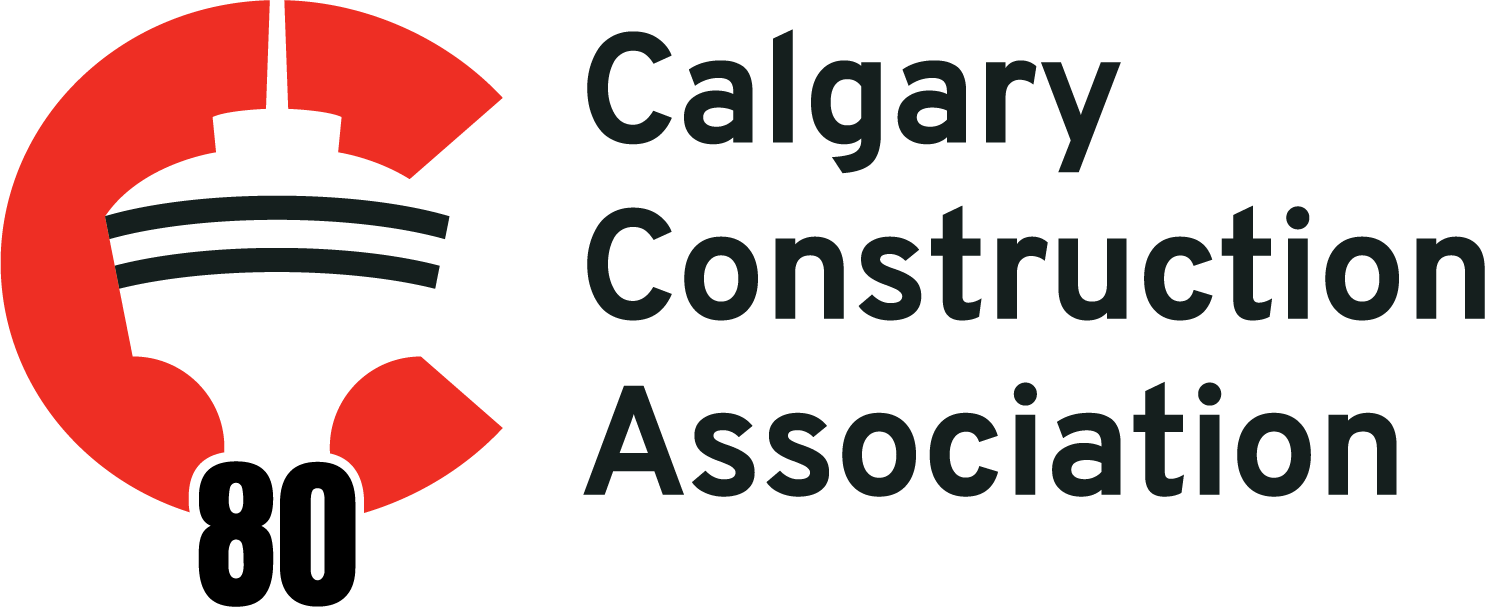Housing starts decline both in Calgary and Alberta-wide so far in 2023
via Global News by Adam MacVicar
WATCH: Housing construction across the province is having trouble meeting demand in Alberta, and statistics show it’s the same situation in Calgary. As Adam Macvicar reports, less new builds is having a direct impact on home prices.
Housing starts across the province have declined in the most recent quarter compared to this time last year, and Calgary is no exception, as demand for homes continues to outstrip supply in the city.
According to data from the Canada Mortgage and Housing Corporation (CMHC), housing starts between January and July have declined by 18.8 per cent compared to the same time period last year.
In Calgary, the decline in housing starts is around 3.8 per cent between January and July.
The situation was noted in the provincial government’s quarterly fiscal update report last week, which said housing construction activity has “failed to gain ground this year,” and that “homebuilders have been slow to respond” to the anticipated 4.5 per cent increase in the province’s population this year.
“Because we have a low supply scenario, that tends to put upward pressure on prices, and we continue to see prices increase against all property types,” Calgary Real Estate Board chief economist Ann-Marie Lurie told Global News.
“I don’t think this is something that can really change until we start to see better supply-demand balances. So, either demand has to fall, or supply has to improve.”
As a result, the province is now forecasting housing starts to average 31,000 units in 2023, which is lower than the 38,000 forecasted during the 2023 budget, and last year’s annual pace of 36,500 units.
The expectation is housing starts will rebound to an average of 32,500 units next year, according to the province’s fiscal update.
According to the Calgary Construction Association (CCA), there are a number of factors behind the decline in housing starts so far this year.
“The industry is facing a number of factors,” CCA president Bill Black told Global News. “To land on one would be to oversimplify it.”
Black said there is an affordability issue with rising costs for construction including higher interest rates, and the ability to “build to the volumes to meet demand.”
He also noted the situation is compounded by the effects of a long-term labour shortage in the construction industry.
“The average time to build a home has increased between 60 and 70 per cent, or in some cases more,” Black said. “That’s not because people are working slow, it’s because the house is sitting with no activity waiting for the next stage of trade contractor to be able to show up and get their work done.”
Black said the CCA has heard there’s been a slowdown of serviced lots coming available in newer communities, which has also contributed to the situation.
The issue has the opposition NDP calling on the province to strike a committee to examine the factors behind the housing crunch, including measures to help with affordability.
“We have to look at rent, we have to look at supply, we have to look at a range of measures,” NDP housing critic Janis Irwin said. “The anecdotal data is clear that this is going to take a range of solutions implemented if we’re really going to see a dent in the housing crisis.”
In a statement to Global News, the province pointed to a 3.5-per cent increase in residential construction investment in June as other provinces saw declines in similar investment.
“Alberta’s government is focused on finding creative and innovative solutions that encourage new investments in housing,” Seniors, Community, and Social Services Minister Jason Nixon said in a statement. “Calgary is also seeing the highest number of purpose-built rentals being built of any year on record.”
Next week, Calgary city council is set to debate a newly revamped housing strategy that will include recommendations to improve housing affordability in the city.
In a written statement, Ward 8 Coun. Courtney Walcott pointed to “uncertainties” in building more housing, “especially in the diverse housing we need in all neighbourhoods.”
“Calgary’s Housing Strategy proposes to reduce barriers to building through zoning reform, speeding up Affordable Housing’s approval process, and through increased collaboration between the homebuilding industry, our social services sector, and the city,” Walcott said.
“The city can’t control how many homes get built, but we are going to make it easier.”
According to the City of Calgary, the number of building permits issued by the city between January and April was lower than in the previous two years, but that number was higher than the previous two years in the months of May, June and August.




